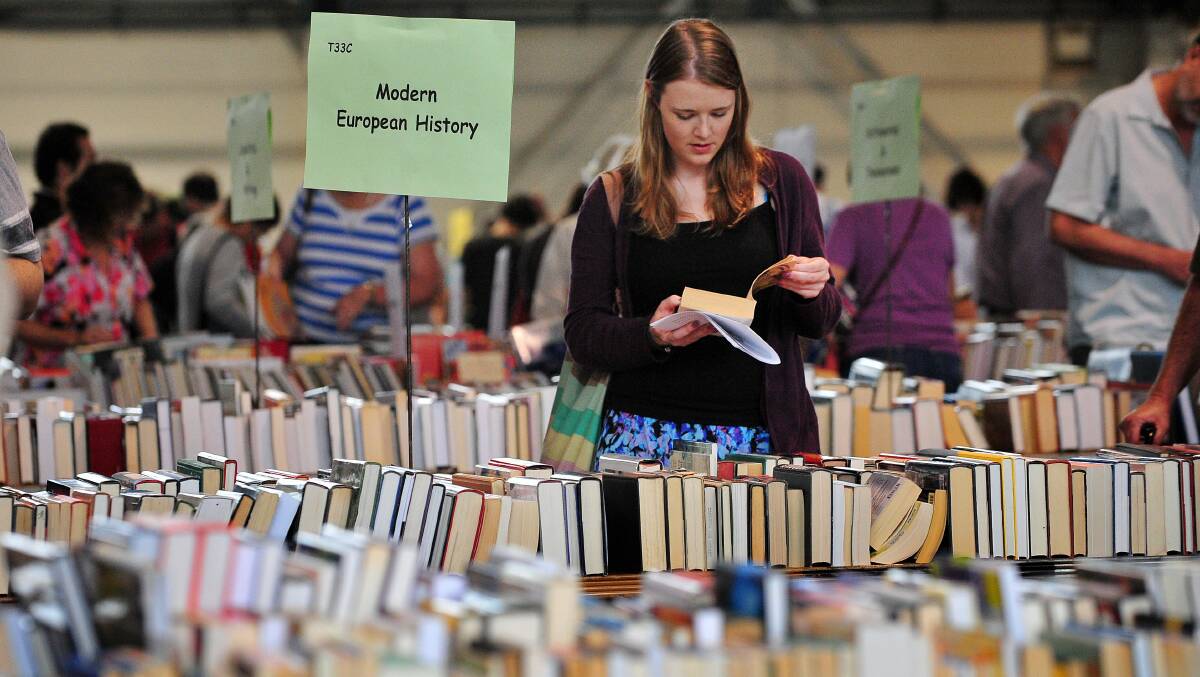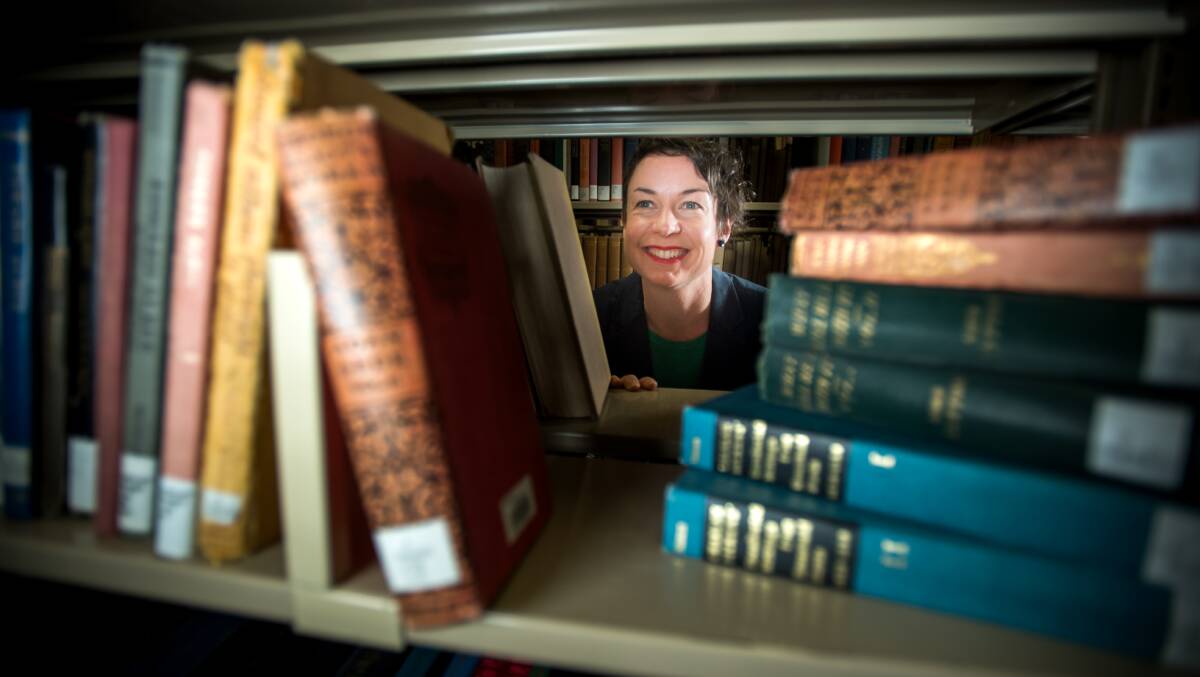
For the first time in the long history of Australian book reviewing, just as many women are having their books reviewed as men. Probably.
That's the conclusion from the latest data collated by the Stella count, a joint Australian National University and Monash University effort which tracks the books being reviewed in a series of prominent Australian periodicals.
It has left researchers wondering whether Australia has the most gender-equal book reviewing landscape in the world.
However, fewer books are being reviewed overall in the surveyed publications, with a 15 per cent drop in the total number of reviews between 2019 and 2020.
In 2019, more women were reviewed in Australian books pages than men for the first time since the count began in 2012.
Representation on the books pages has moved significantly since researchers began counting. Just 40 per cent of authors reviewed in 2012 were women.
In 2020, 55 per cent of book reviews published in Australia were of books authored by women, up from 53 per cent the year before.
Nine of the 12 surveyed publications in 2019 reviewed more women authors than men authors.
But men continue to dominate the long reviews and works of non-fiction given critical attention. Men are also more likely to review books by men, while women review books by women.

The Australian National University's Dr Julieanne Lamond, who works on the count, said the statistics had likely prompted publications into action, paying closer attention to the books they reviewed.
"I think that often when people talk about bias, it's all in anecdotes. People have a sense that this is happening but they don't have any proof, and it's easy to ignore anecdotes," Dr Lamond said.
"But I think when you have statistics that show in a really detailed way what each publication is doing, I think that is much harder to ignore."
There are still more than 2000 book reviews published each year in the publications the Stella count surveys and around 22,000 books are published in the same period.
The count is organised by Stella, the not-for-profit organisation which runs the Stella Prize, a literary award for women and non-binary Australian writers born from frustration at the male dominance of the Miles Franklin literary award.
Dr Lamond said book reviewing remains an important part of the discussion for publishing in Australia, even if fewer people get their recommendations from a newspaper or magazine.
Volunteers manually counted up reviews for the 2019 and 2020 counts, which have been released delays through the pandemic.
"You talk to any author and they are extremely keen to get to access the space of the reviews because it is one of the few places their work gets talked about in any detail in the public eye, and where it gets appraised," she said.
Dr Lamond said it was important that gender was not the defining factor to determine whether a book was of interest to a reader.
"I do think that there is some trepidation sometimes in reviewing across the gender boundaries, but I do think it's important," she said.
The count surveys the Adelaide Advertiser, the Melbourne Age, The Sydney Morning Herald, the Australian Book Review, The Australian Financial Review, Books+Publishing, TheCourier-Mail, the Hobart Mercury, The Monthly, The Saturday Paper, the Sydney Review of Books, The Australian and The West Australian.
The Canberra Times, which began publishing locally commissioned book reviews again in 2019 after a seven-year hiatus, was not included in the count.







